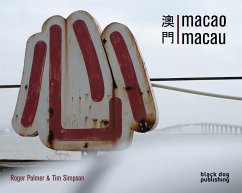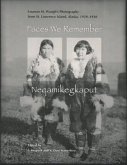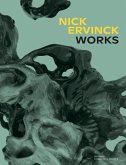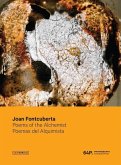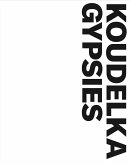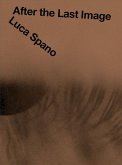After 450 years of colonial administration, Portugal returned the territory of Macau to the People?s Republic of China in 1999. The government subsequently liberalized the local casino monopoly and opened the industry to investment by foreign gaming companies who have poured billions of dollars into the city. As a result, Macau has become the world?s most lucrative site of casino gaming, generating annual revenues quadruple those of Las Vegas. Transnational investment has created a phantasmagorical cityscape of iconic glass buildings and themed casino resorts sat astride colonial era buildings and monuments. Roger Palmer?s two series of photographs use old and new technologies to reflect on the spatial confines of Macau. Analogue black and white pictures employ outmoded techniques to frame views of urban and maritime landscapes in a densely populated zone that is constantly suspended between development and decay. Through a series of digital photographs Palmer represents evidence of contemporary signage found in different parts of Macau. The title Macao Macau refers to the cultural characteristic that Walter Benjamin called ?porosity?, a quality that has contributed to Macau?s ambiguous sovereignty, ill-defined geographic borders, and hybrid cultural life and one which is present too in the strange slippage of the uncertain Romanized spelling of the place. Such porosity is what fascinates Palmer about Macau and what drives the approach of his photography and those statements that his work helps to make.
Hinweis: Dieser Artikel kann nur an eine deutsche Lieferadresse ausgeliefert werden.
Hinweis: Dieser Artikel kann nur an eine deutsche Lieferadresse ausgeliefert werden.

